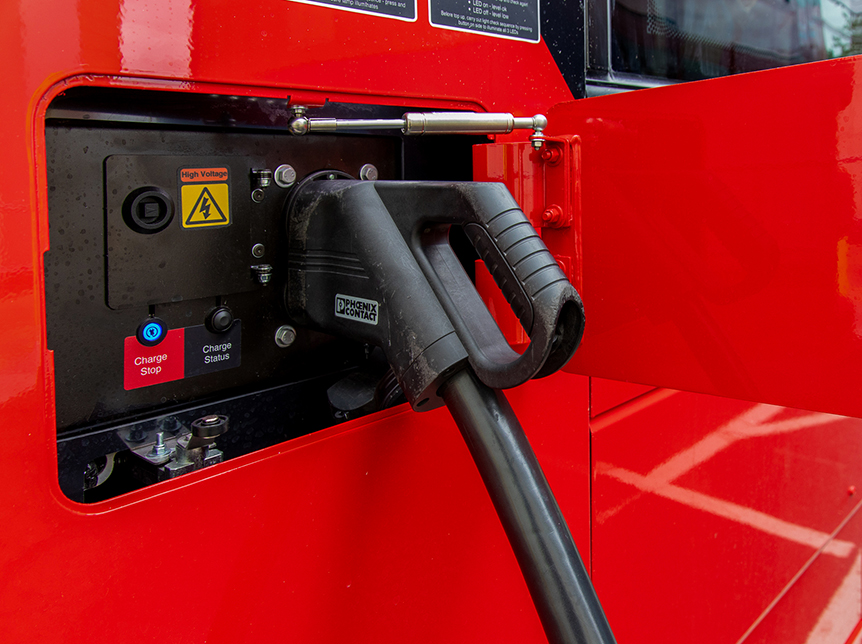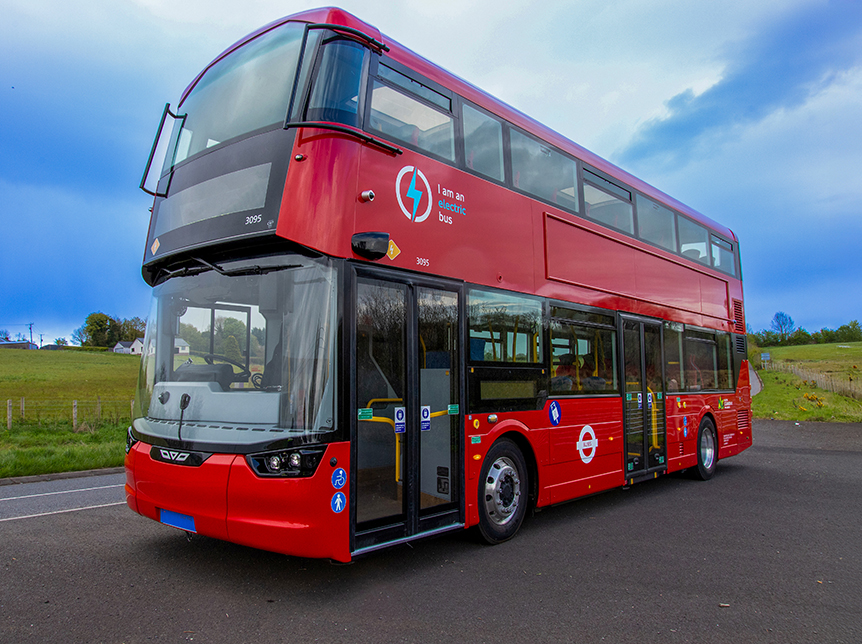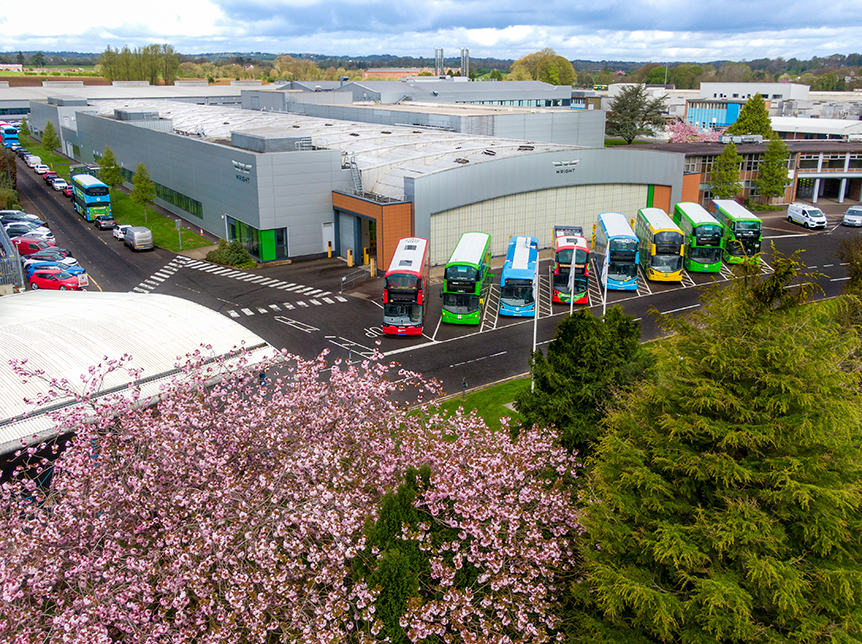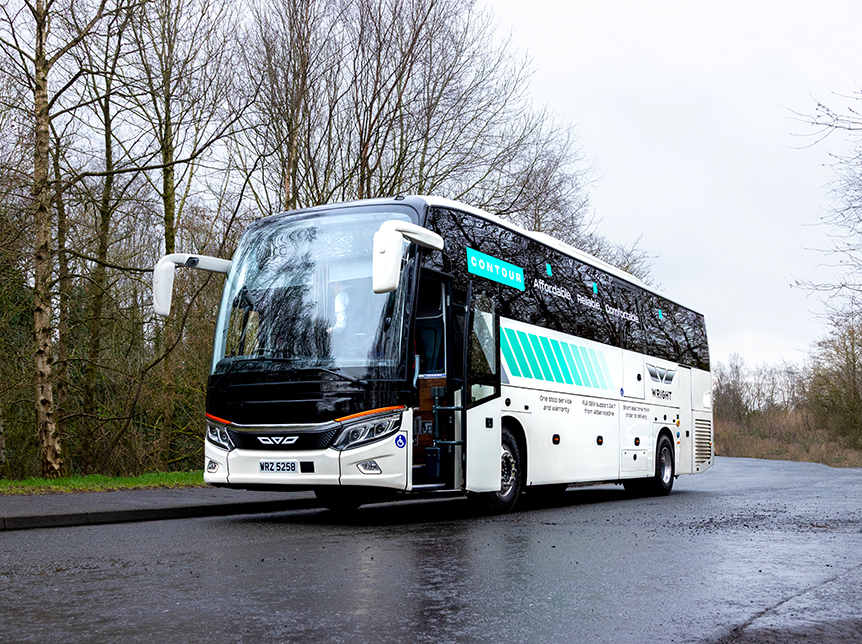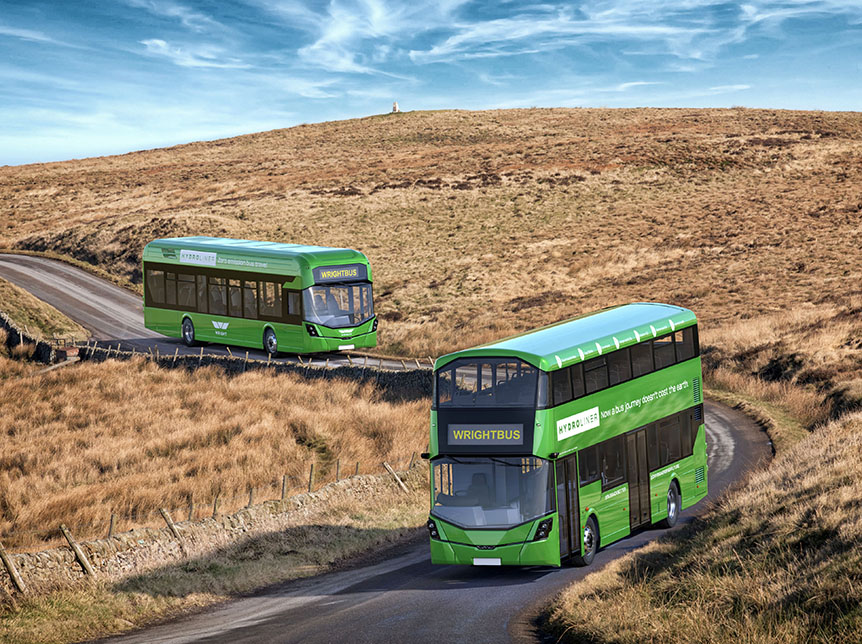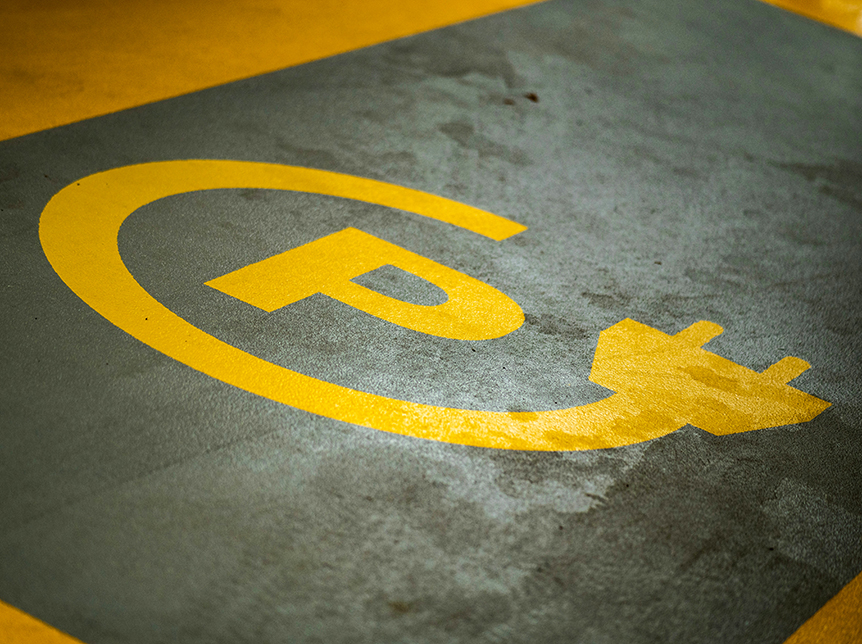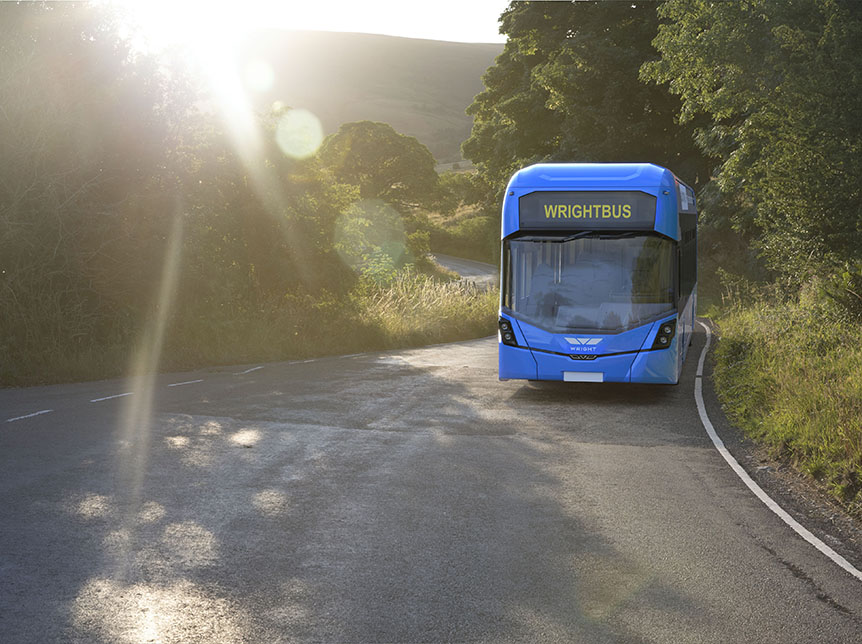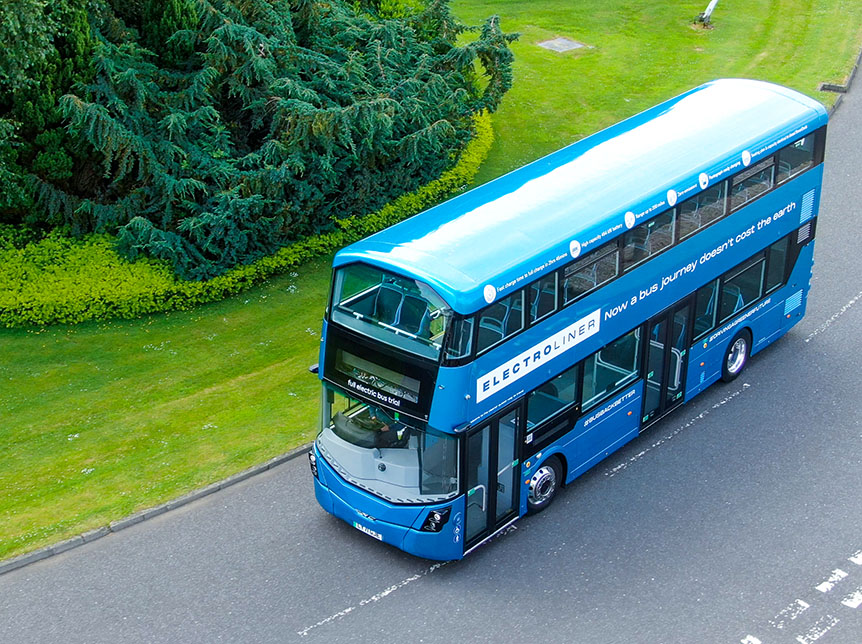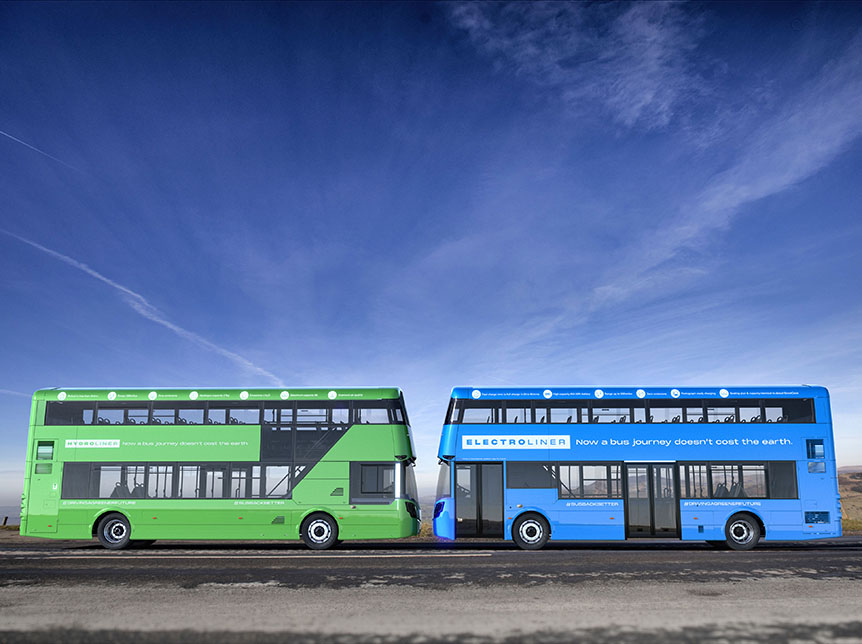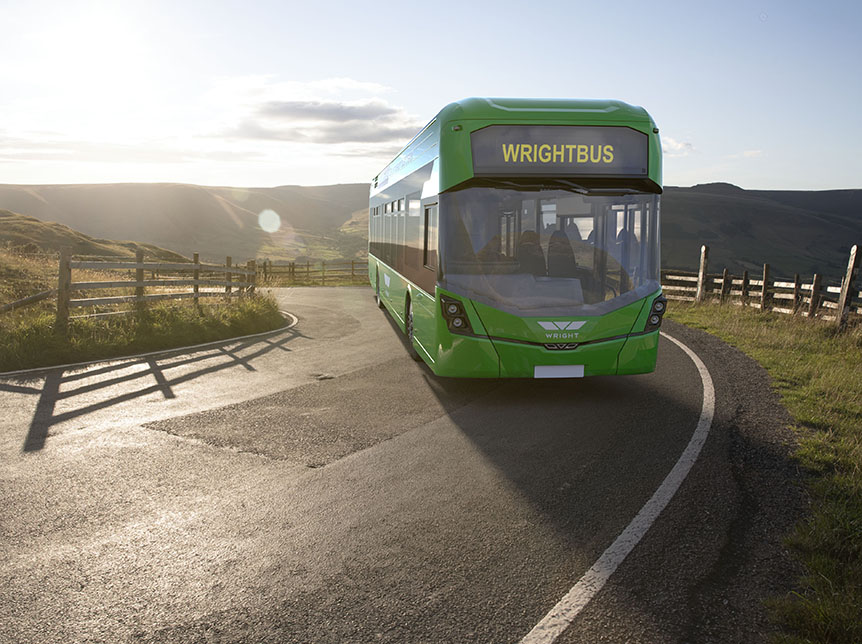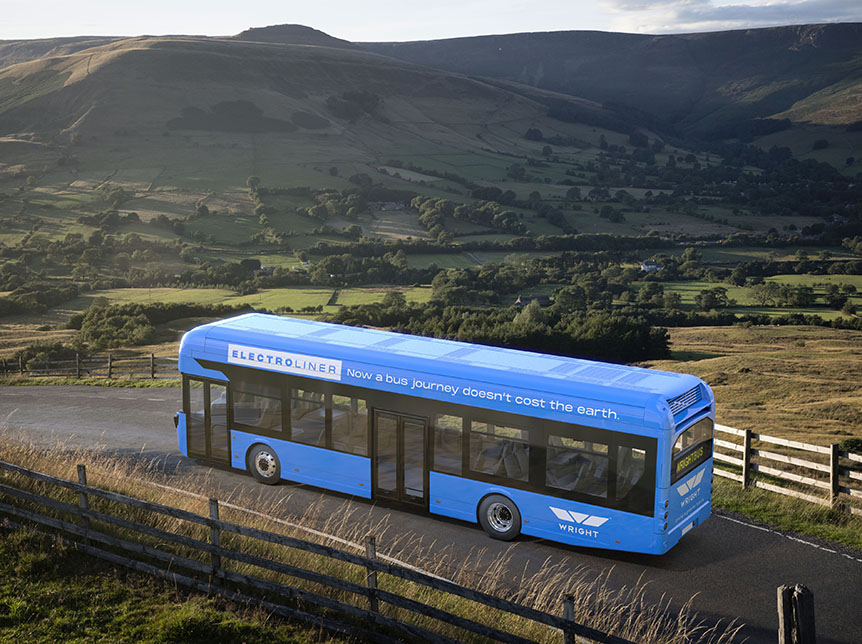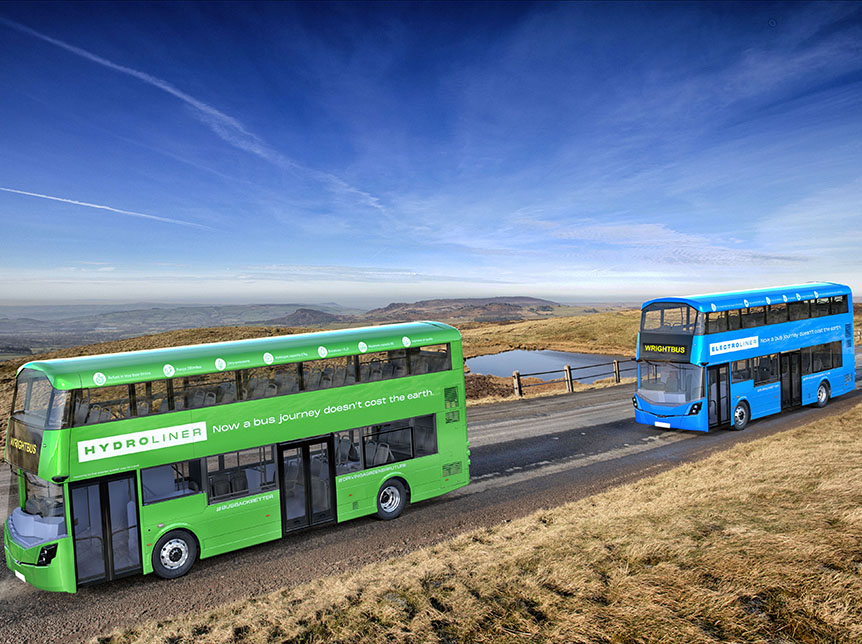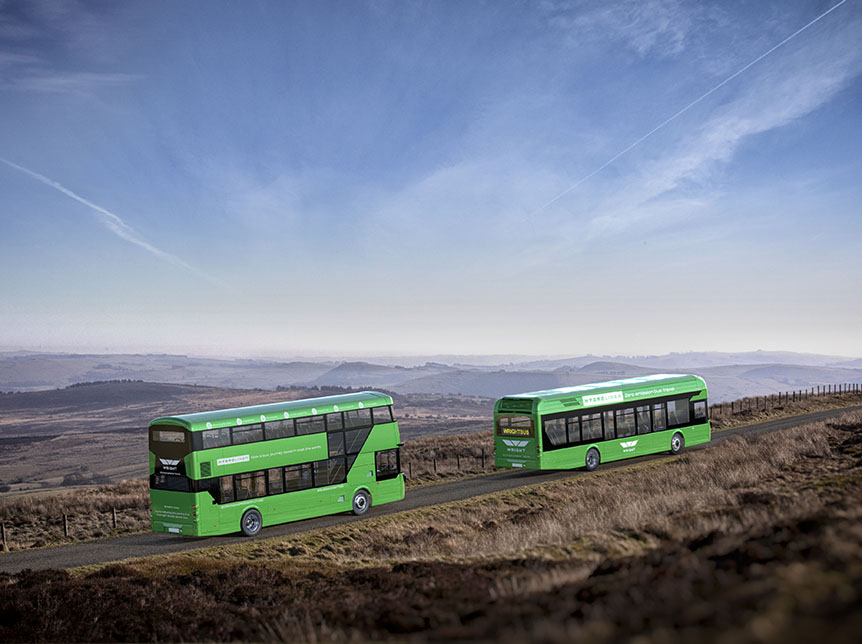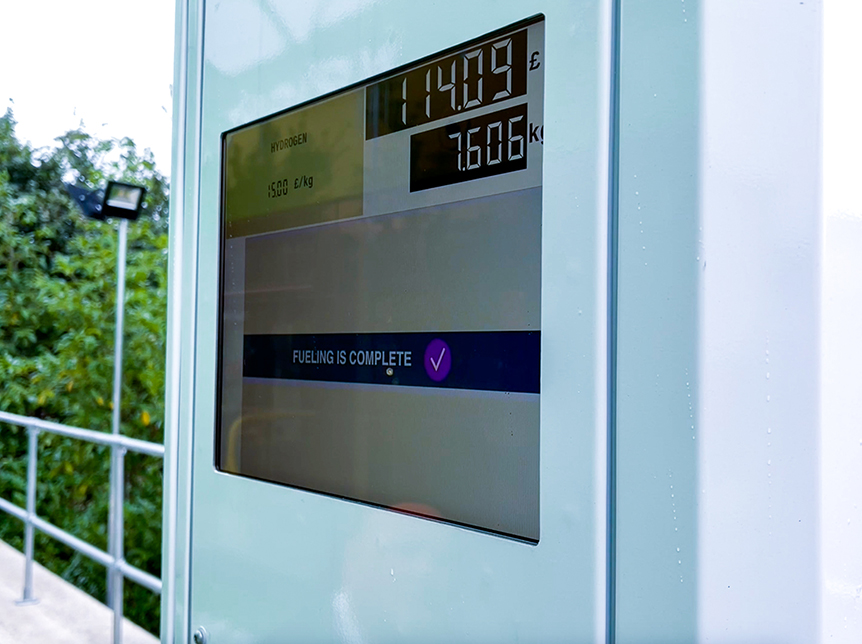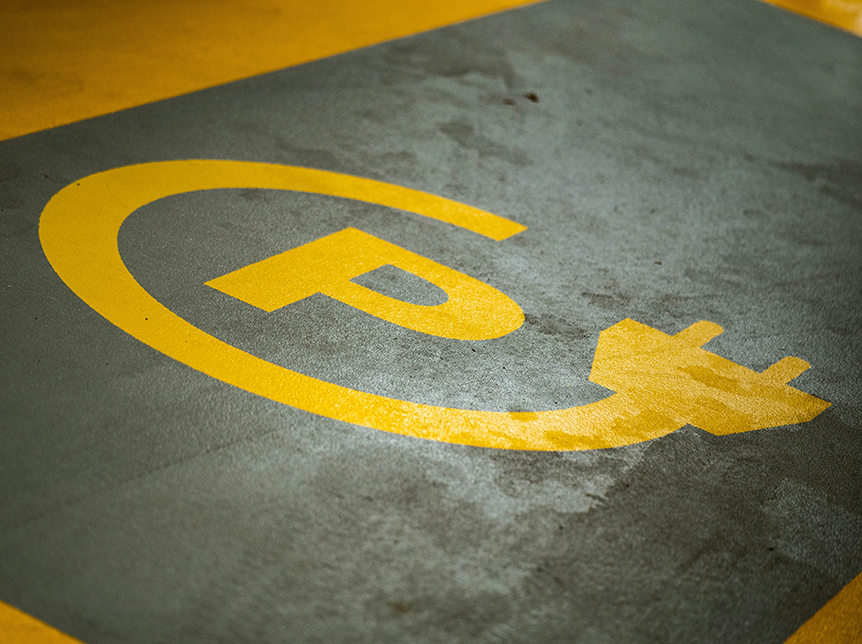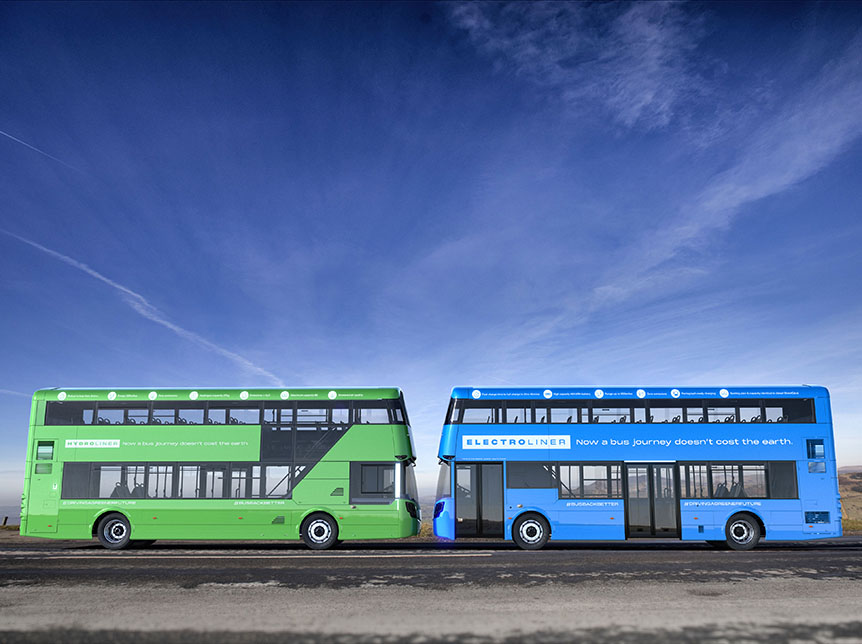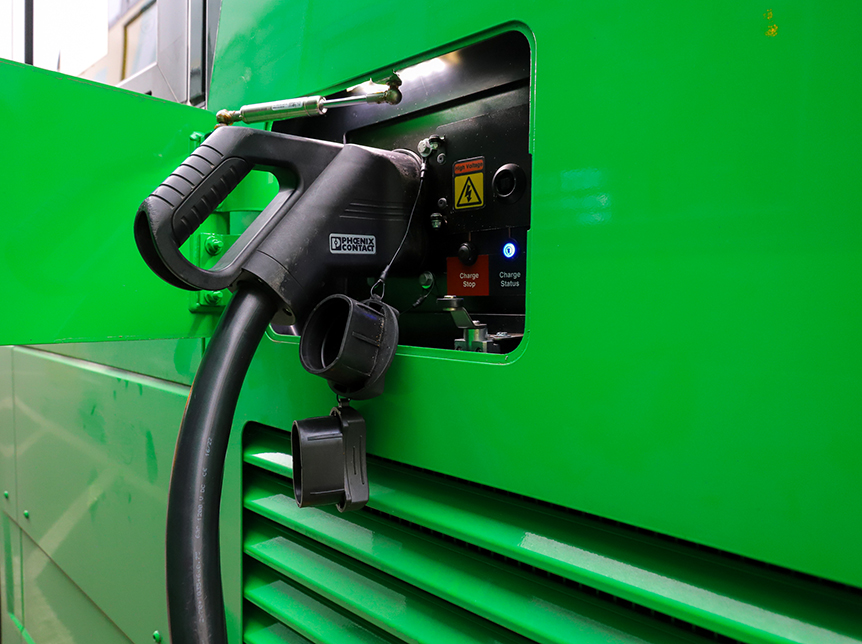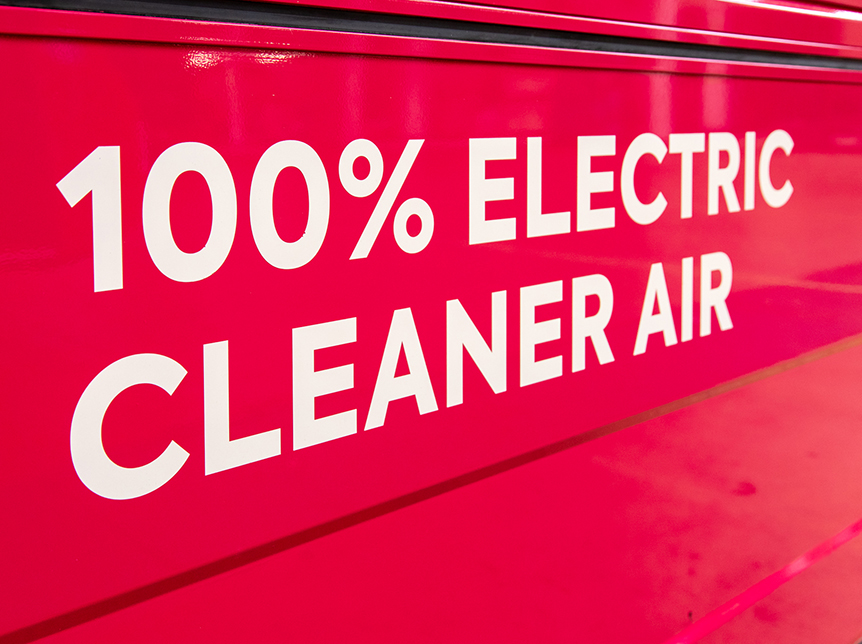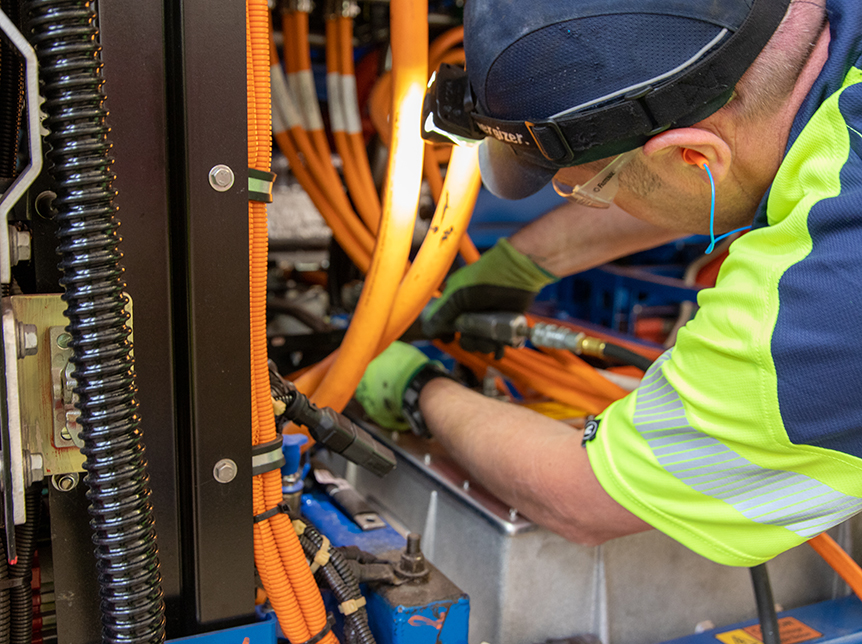
The automotive industry is undergoing a significant transformation, with electric vehicles (EVs) leading the charge toward a more sustainable future. As concerns about climate change and air pollution intensify, the adoption of electric vehicles, also known as zero emissions vehicles, is becoming a key strategy in the global effort to reduce greenhouse gas emissions and combat environmental degradation.
Electric Vehicles: A Revolution in Transportation
Electric vehicles (EVs) are powered entirely by electricity, using a battery to store energy that drives an electric motor. Unlike traditional internal combustion engine (ICE) vehicles, which burn fossil fuels, EVs produce zero tailpipe emissions, making them a cleaner alternative for everyday transportation. This shift from gasoline and diesel to electric power is not only helping to reduce air pollution but also offering a glimpse into a future where transportation is less dependent on finite resources.
One of the main benefits of electric vehicles is their efficiency. EVs convert over 77% of the electrical energy from the grid to power at the wheels, whereas conventional gasoline vehicles only convert about 12%–30% of the energy stored in gasoline to power. This high efficiency means that EVs require less energy to travel the same distance as a gasoline-powered vehicle, resulting in lower overall energy consumption.
Electric vehicles also offer a quieter and smoother driving experience, with instant torque providing quick acceleration and a more responsive driving feel. As battery technology continues to improve, EVs are becoming more practical for a wider range of consumers, with longer driving ranges and faster charging times now available in many models.
Zero Emissions Vehicles: A Pathway to Cleaner Air
Zero emissions vehicles (ZEVs) encompass a broader category that includes electric vehicles as well as other technologies like hydrogen fuel cell vehicles. The common denominator among ZEVs is that they produce no harmful emissions at the tailpipe, contributing to a significant reduction in air pollutants such as carbon dioxide (CO2), nitrogen oxides (NOx), and particulate matter (PM).
The widespread adoption of zero emissions vehicles is crucial in the fight against climate change. Transportation is one of the largest sources of greenhouse gas emissions globally, and transitioning to ZEVs is a critical step toward meeting international climate goals. By eliminating tailpipe emissions, ZEVs help to improve air quality, particularly in urban areas where traffic congestion and pollution are often most severe.
Government policies and incentives are playing a significant role in promoting the adoption of zero emissions vehicles. Many countries are setting ambitious targets for phasing out internal combustion engine vehicles and transitioning to ZEVs, offering subsidies, tax incentives, and other benefits to encourage consumers and manufacturers to make the switch.
The Future of Transportation: A Zero Emissions World
As electric vehicles and other zero emissions technologies continue to advance, the vision of a world where transportation contributes minimally to environmental harm is becoming increasingly attainable. The development of a robust charging infrastructure, alongside improvements in battery technology and renewable energy integration, will be key to accelerating the adoption of electric vehicles and zero emissions vehicles.
In addition to personal vehicles, the electrification of public transportation and commercial fleets is gaining momentum. Electric buses, trucks, and delivery vans are becoming more common, further reducing the environmental impact of the transportation sector. As these trends continue, the collective benefits of zero emissions vehicles will contribute to healthier cities, reduced dependence on fossil fuels, and a more sustainable global economy.
Conclusion
Electric vehicles and zero emissions vehicles are at the forefront of a transportation revolution that promises to reshape the way we think about mobility. By embracing these technologies, we can move closer to a future where our transportation systems are not only efficient and reliable but also environmentally responsible. As the world continues to prioritize sustainability, the adoption of electric and zero emissions vehicles will play a pivotal role in creating a cleaner, greener planet for future generations.
Read more
Single Decker Electric Buses: Paving the Way for Sustainable Public Transport
Read onThe Double Decker Electric Buses: Revolutionizing Urban Transportation
Read onElectric Buses and Hydrogen Vehicles: Driving the Future of Sustainable Transportation
Read onHybrid Buses: The Future of Sustainable Double Decker Transportation
Read onThe Future of Public Transit: Single Decker Buses and Hydrogen Fuel Cell Vehicles
Read onExploring the Future of Transportation: Battery Electric Vehicles and Double Decker Buses
Read onNavigating Urban Landscapes: The Versatility of Single Deck Buses and Double Deck Buses
Read onLondon's Bendy Bus Legacy and the Innovation of London Electric Vehicle Company
Read onPioneering Zero-Emission Transport: The Rise of Electric Bus Companies in the UK
Read onEmbracing Tomorrow's Roads: Zero-Emission vs. Battery Electric Vehicles
Read onThe Perfect Blend: Exploring Hybrid Electric Vehicles and the Role of Coach Builders
Read on
Get in touch
Wrightbus has been at the forefront of transport innovation since 1946, relentlessly pushing the boundaries with its commitment to quality, style and safety.
